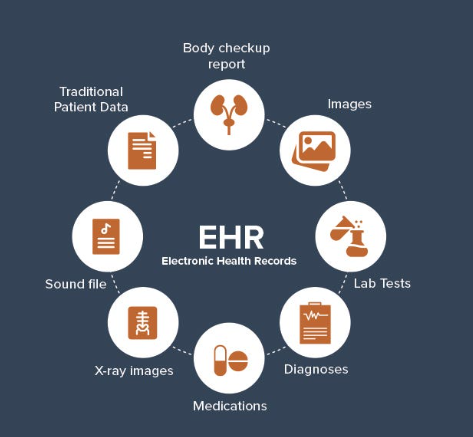Blockchain technology is revolutionizing healthcare by changing how medical records are stored and shared.
Increased security and privacy
Blockchain technology offers increased security and privacy for medical records, as the information is stored in a decentralized database that is not owned by any one entity.
Enhanced interoperability
Blockchain technology allows for enhanced interoperability between different healthcare providers, as medical records can be easily and securely shared between organizations.
Improved patient outcomes
By giving healthcare providers access to a patient’s complete medical history through blockchain technology, they can make more informed decisions and provide better care, leading to improved patient outcomes.
Reduced administrative costs
Blockchain technology streamlines the process of storing and transferring medical records, resulting in reduced administrative costs for healthcare providers.
Potential for research and development
The use of blockchain technology in healthcare opens up new possibilities for research and development, as researchers can access a vast pool of anonymized medical data for studies and clinical trials.
Conclusion
Blockchain technology is revolutionizing healthcare by changing how medical records are stored and shared, leading to increased security, enhanced interoperability, improved patient outcomes, reduced administrative costs, and potential for research and development. As the technology continues to evolve, it is clear that the future of healthcare is being shaped by blockchain.

